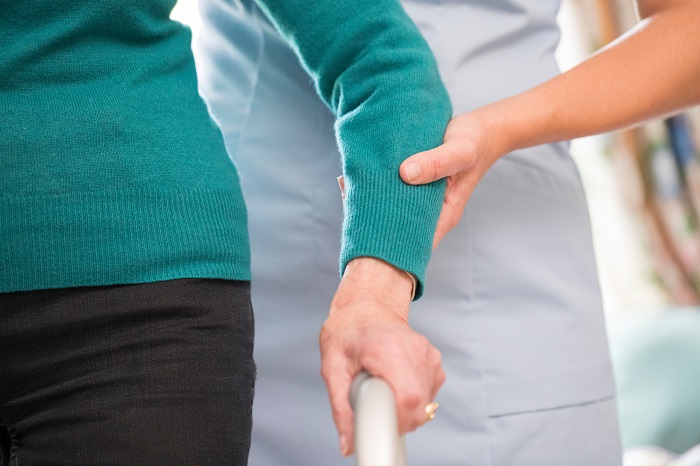Just under 195,000 individuals out of an estimated one million people eligible for registered power of attorney (PoA) refunds have been reimbursed, according to Ministry of Justice (MOJ) data.
As of 1 February 2019, £12m ($15.5m, €13.6m) has been paid out of an estimated £69m.
The MOJ, which sets the Office of the Public Guardian’s fees, reduced the application fee for PoAs with effect from 1 April 2017, and launched a refund scheme for those who paid a higher sum in the qualifying period in February 2018.
The scheme is for those who registered between 1 April 2013 and 31 March 2017.
Refunds must be claimed by 1 February 2021.
Helen Morrissey, spokesperson at Royal London, said: “One year on from the launch of this scheme and there are still an enormous number of refunds yet to be claimed.
“Many people register more than one power of attorney [as they can be filed for both financial and health issues] and so could be due a refund of around £100. We would urge people who think they may be due a refund to claim online as soon as possible.”
How much refund you get depends on when the fees were paid. If you paid a reduced fee then you will get half the refund. Interest of 0.5% will also be paid.
Applications
Rachael Griffin, tax and financial planning expert at Quilter, has also said that there are still many people who need to apply for a power of attorney.
She stated that there has been a 20% year-on-year increase in lasting power of attorney (LPA) applications from 2017 to 2018, but a large number of people “haven’t yet considered an LPA and need to”.
“Some people are hesitant to set up a power of attorney because they’re not clear on how it works,” Griffin told International Adviser. “If you are married or in a civil partnership, you may have assumed that your spouse would automatically be able to deal with your bank account and pensions, and make decisions about your healthcare, if you lose the ability to do so.
“This is not the case. Without an LPA, they won’t have the authority. It’s also important to remember, when you appoint a PoA you give someone you trust the legal authority to make decisions on your behalf if you lack the mental capacity to do so at some point in the future.
“Although upon registering an LPA, if you wanted, you could allow the attorney to immediately start making decisions on your behalf, this does not have to be the case and an LPA can, in essence, lie dormant until such a time that you may need it.”








